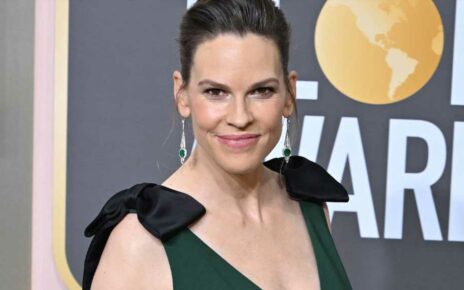People will rearrange their finances to stay just short of the proposed $3 million superannuation tax threshold, ANU tax expert Professor Bob Breunig has predicted, as they seek to avoid the federal government’s attempt to increase its tax revenue.
But other analysts expect small changes to people’s retirement savings structures, and Australians hoping to avoid the government’s crackdown on high superannuation balances will face a raft of higher taxes, costs and fees as they move their money elsewhere.
Treasurer Jim Chalmers, top, with PM Anthony Albanese, said the government had priced in people shifting money out of super when they forecast the new measure would raise an extra $2 billion a year in revenue.
Prime Minister Anthony Albanese announced this week the government would increase the tax on earnings for superannuation balances over $3 million from 15 to 30 per cent.
Treasurer Jim Chalmers said the government had priced in people shifting money out of super when they forecast the new measure, planned to kick in from July 1, 2025, would raise an extra $2 billion a year in revenue.
“People will make their own decisions, and that’s fine,” he said on Tuesday. “Part of our costing is based on some people getting out, but more likely, people will receive a tax concession, but slightly less so.”
Breunig said it was likely there would be an increase in the number of super funds holding just below the $3 million threshold.
He said the forecast $2 billion a year in revenue seemed fair, but added there were tax agents who would offer people the chance to avoid any increased tax.
“There are behavioural tax agents out there who don’t want people to pay any tax. They’ll offer their services,” he said.
Breunig said there would be some behavioural changes by people but it would be difficult to completely avoid the new tax structure.
He said there might be a small uptick in people who sought to access their superannuation early on financial hardship or medical grounds, and a lift in people who used financial trusts.
But for those with more than $3 million in super who were in the accumulation phase, avoiding the impost would be difficult given the financial penalties associated with removing super.
“They’re likely to be sitting ducks,” he said.
Breunig has done extensive research into how Australians “bunch” their taxable income just below changes in personal income tax thresholds.
ANU economics and statistics expert Associate Professor Ben Phillips said there was a bit of uncertainty around the government’s estimate of an additional $2 billion a year.
He said some people would change their behaviour and move money out of their super accounts, but many would not.
“At the very top end, people are more likely to change their behaviour or to change their investment strategy. But they may, of course, move to other investments that are not as lightly taxed as superannuation,” he said.
Phillips said putting more money into a family home was one way to pay less tax, but that could involve buying a new house, which came with other expenses.
“That might involve significant amounts of stamp duty; it might involve, other forms of taxation, like rates and things like that. So, obviously, there’s a lot of transaction costs in terms of moving,” he said.
He said the tax change would affect only 0.5 per cent of the population and even then, a couple could have $3 million each in superannuation.
“$6 million for a couple is an enormous amount of superannuation and well beyond what I think most people could really spend in the years they have left,” he said.
Independent economist Chris Richardson said the government’s estimate it would gain an extra $2 billion a year seemed broadly sensible.
Some people would be able to get larger tax advantages outside super, he said, but the change was unlikely to cause a mass removal of millions of dollars.
“I don’t think there’ll be much ripping out because it’s still tax-advantaged,” Richardson said.
“What you’re asking is will they jump to something else that earns the government less tax? And the answer is they’d be jumping to something else that would, if they do jump, earn the government similar tax.”
Cut through the noise of federal politics with news, views and expert analysis from Jacqueline Maley. Subscribers can sign up to our weekly Inside Politics newsletter here.
Most Viewed in Politics
From our partners
Source: Read Full Article


